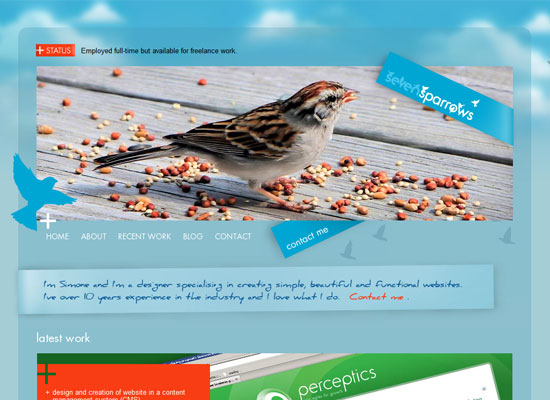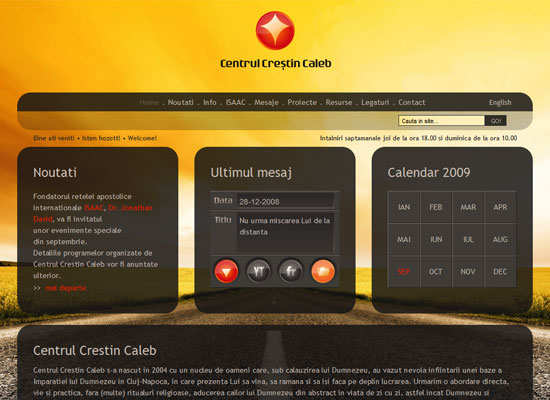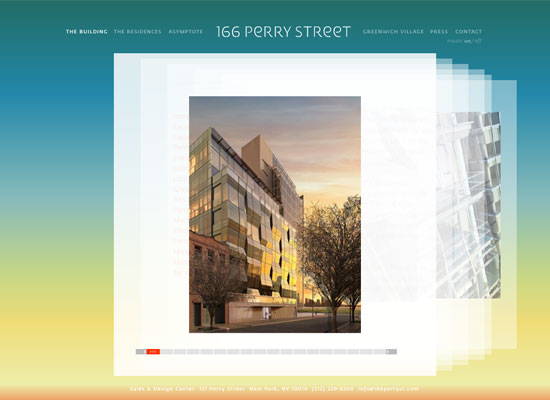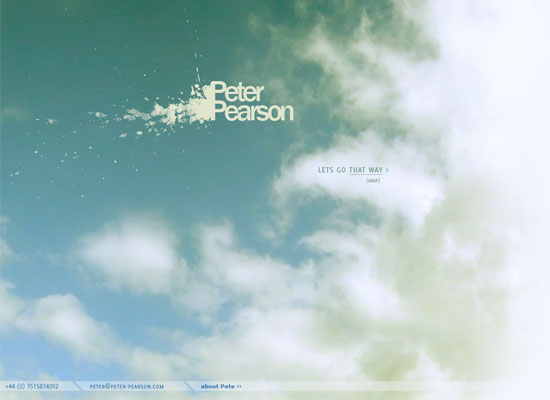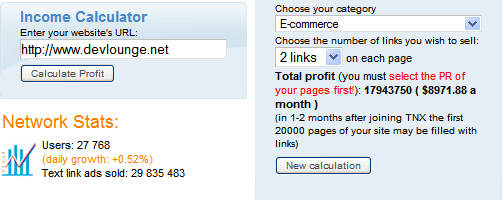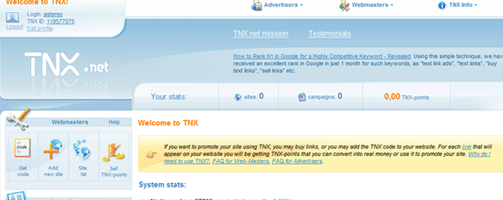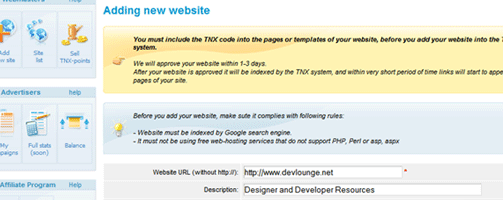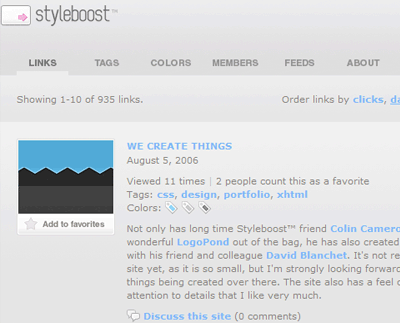Many webmasters have realized that a big part of SEO is getting links to their site. Armed with this knowledge, they make an effort to build links to increase their traffic from the search engines. However, their link building efforts are often ineffective because they make common mistakes. Here are three of those mistakes.
1. Quantity over quality
If one link is great, then five links is better, right? Not so fast. Search engines place a lot of emphasis on the quality of the links. A link from a popular site is much better than 20 links from low quality, spammy sites. In fact, no amount of low quality links can be as effective as a link from an authority site in your niche.
You could even get penalized for having too many low quality links. Don’t take the easy way out. Go after quality links and ignore low quality sites in your link building efforts. Think of it this way: the harder it is to get a link, the more effective that link will be. Do the hard work (networking, creating great content, guest posting, etc.) to get those links from quality sites.
2. Not using relevant anchor text
If you have a chance to choose the anchor text, use keywords instead of your site name. For example, instead of this link devlounge.net, use this one web design info.
Now, if someone links to you without them asking, don’t ask them to change their anchor text. That’s annoying and bad practice. They already linked to you. No need to bug them. But if you submit an article to an article directory or write a guest post, you’ll usually have control of your anchor text.
Many people will link using the titles of your pages, so try to add keywords in your titles.
Also, don’t use the same anchor text for each link. If you vary your anchor text, you’ll rank for more keywords.
Update: My friend, Ryan, left this useful comment.
I would like to just throw in the idea that with Google’s recent shift towards Brand emphasis, it can actually be a good thing to get lots of links with A) your site name and B) your site domain as the anchor text. Obviously its also good to mix things up and get varied anchor text, but I think that if there is too high a concentration of varied anchor text it looks unnatural.
I think Ryan has a great point. It’s a good idea to repeat anchor text if your anchor text is your site name or your site domain. Many people naturally link this way anyways. Plus, you’ll get more mentions on the web for your name and domain, which will make your site look more like a well known brand.
For more info about Google’s brand emphasis, check out this article.
3. Only linking to the home page
If you just link to the home page, then your home page will have a chance at good rankings. But what about the other pages on your site?
Each page including the home page can only target a few keywords effectively. You need links to the other pages to rank for a lot of keywords.
Also, I like getting links to the other pages since they are usually better pages for your visitors to land on. The other pages have more specific information than the home page and that information can make a great first impression to your visitors.
Finally, it can be easier to get a link to the other pages. For example, you could create a really great piece of content, give it its own page, and then email other webmasters and ask them to link to it if they like it. This could be hard to do for the home page.
Over to You
These mistakes are not the only ones. What link building mistakes have you seen?
